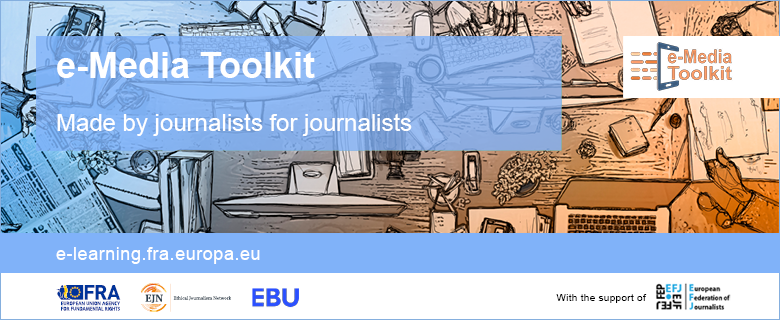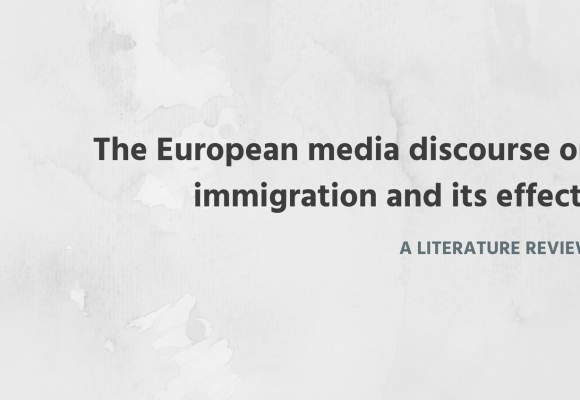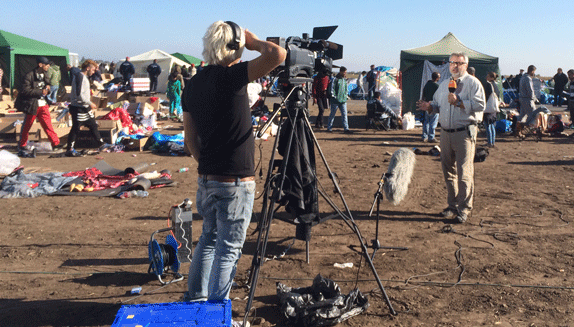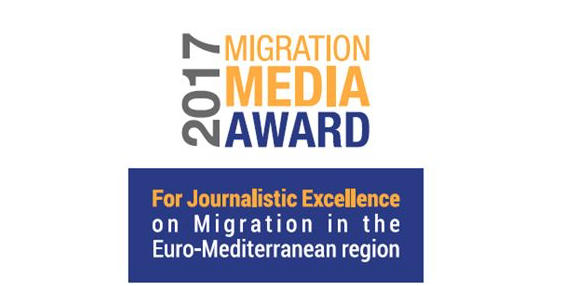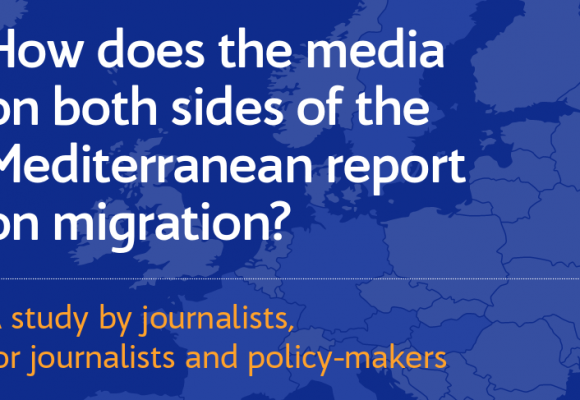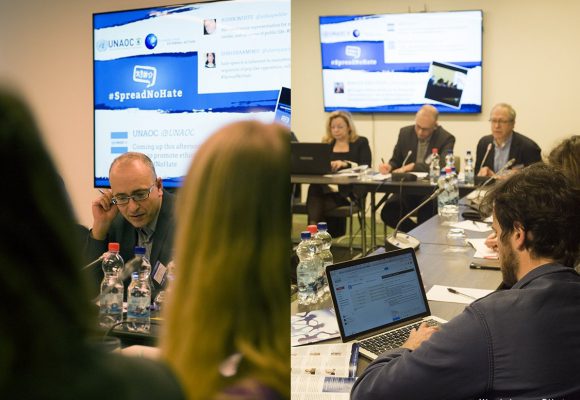EU Fundamental Rights Agency launches new e-learning platform on migration for journalists
Help is at hand for media professionals seeking to enhance the quality of their work when reporting about migration, as the Fundamental Rights Agency (FRA) releases a new e-learning platform developed by journalists for journalists to mark World Refugee Day on 20 June. The online e-Media Toolkit provides first-hand assistance to media professionals with learning resources, training courses, and opportunities to share and interact. The learning section allows users to take courses in which journalists or editors of leading media outlets share their real-life newsroom dilemmas of reporting on migration. Training provides material for media trainers to design their own…

